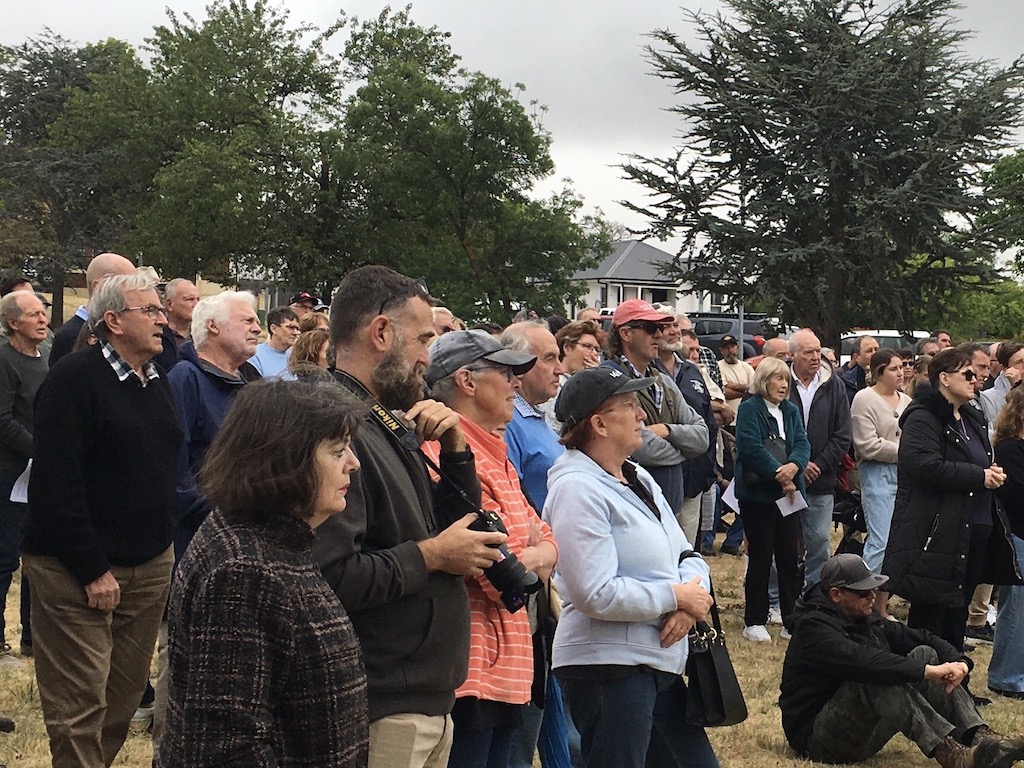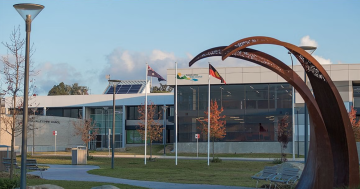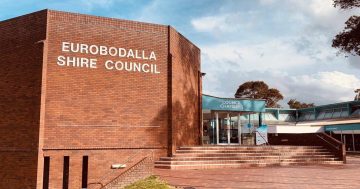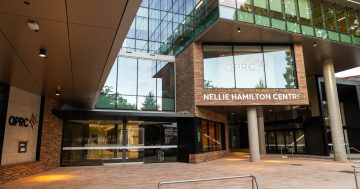
Fed-up ratepayers at a protest rally in Goulburn. Photo: John Thistleton.
The peak body for local government in NSW has criticised calls for people to simply stop paying their rates in response to proposed increases in some council areas.
Local Government NSW (LGNSW) president, Mayor Phyllis Miller OAM, said that while no-one enjoyed paying rates or taxes, boycotting was not the solution.
“Councils do not make the decision lightly to put forward a proposal to increase their rates,” she said. “We care deeply about our communities and we work hard to provide the infrastructure and services they need and deserve.
“When a council does decide to propose a rate rise, they have looked at other options and these applications are fully reviewed by the Independent Pricing and Regulatory Tribunal (IPART) before they determine what increase a council may bring in, if any, above the rate peg.
“Councillors are very aware of the added financial burden this causes for their communities, but deciding not to pay council rates is not going to help.”
Mayor Miller said the financial sustainability of councils had been undermined by cost shifting, rate pegging, and other factors for more than 40 years.
“These factors increase the burden on councils and reduce their ability to raise the appropriate revenue for community service delivery,” she said.
“LGNSW has long been warning of the numerous threats to the financial sustainability of local government – the most prominent being rate pegs restricting income and the growing practice of cost shifting, where local councils are continually picking up the bill for state and federal services.
“Cost shifting burdens councils and impacts their ability to provide essential services and infrastructure for their communities. LGNSW’s most recent cost-shifting report estimated this to be equivalent to $1.36 billion in 2021-22. This is the equivalent of $460 per ratepayer annually.”
Mayor Miller highlighted the support available to the public if people find themselves struggling to pay their rates notice.
“All councils have provisions on compassionate, or hardship, grounds for payment of rates. We would encourage anyone experiencing financial difficulties to contact their local council to discuss their circumstances,” she said.
Mayor Miller said councils were subject to layers of state and federal government regulation and annual financial and performance-based audits conducted by the NSW Audit Office, and had Audit, Risk and Improvement Committees.
“LGNSW has supported external reviews of local government and has actively taken part in them,” she said.
”We welcomed last year’s report handed down by the NSW Parliament’s Standing Committee on State Development, which recognised that the financial sustainability of councils is being persistently eroded and that, without improvements, all communities will suffer.”













